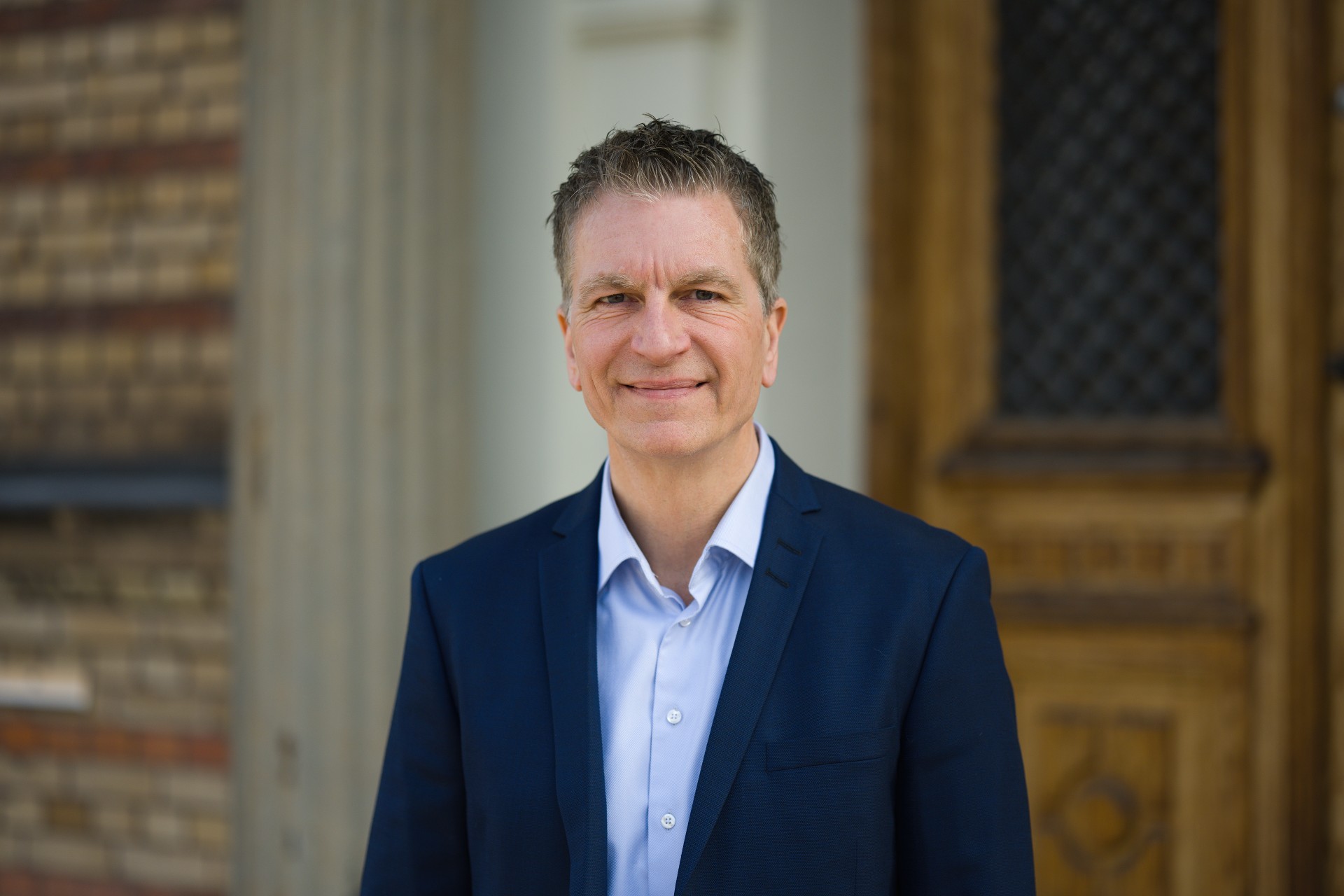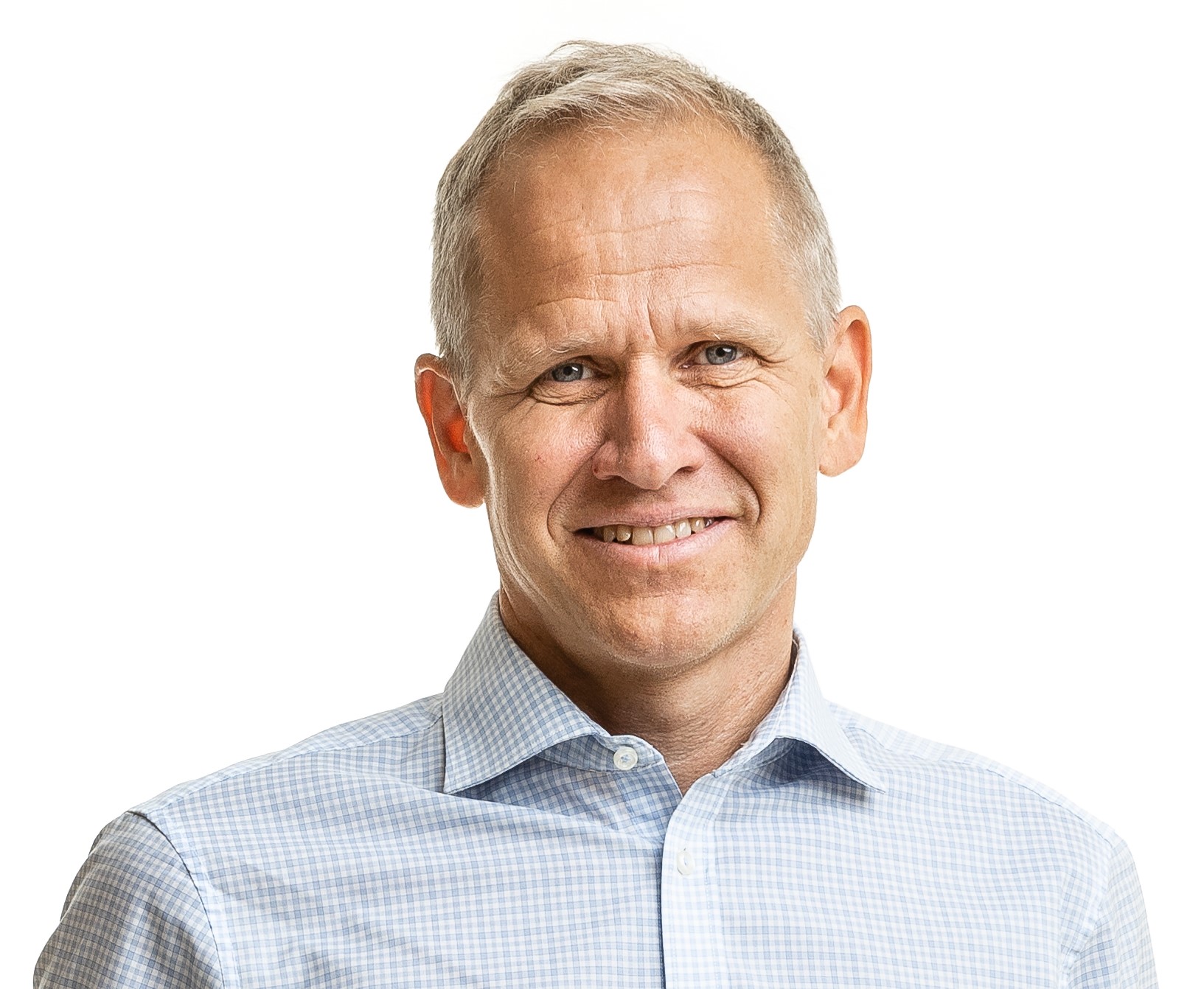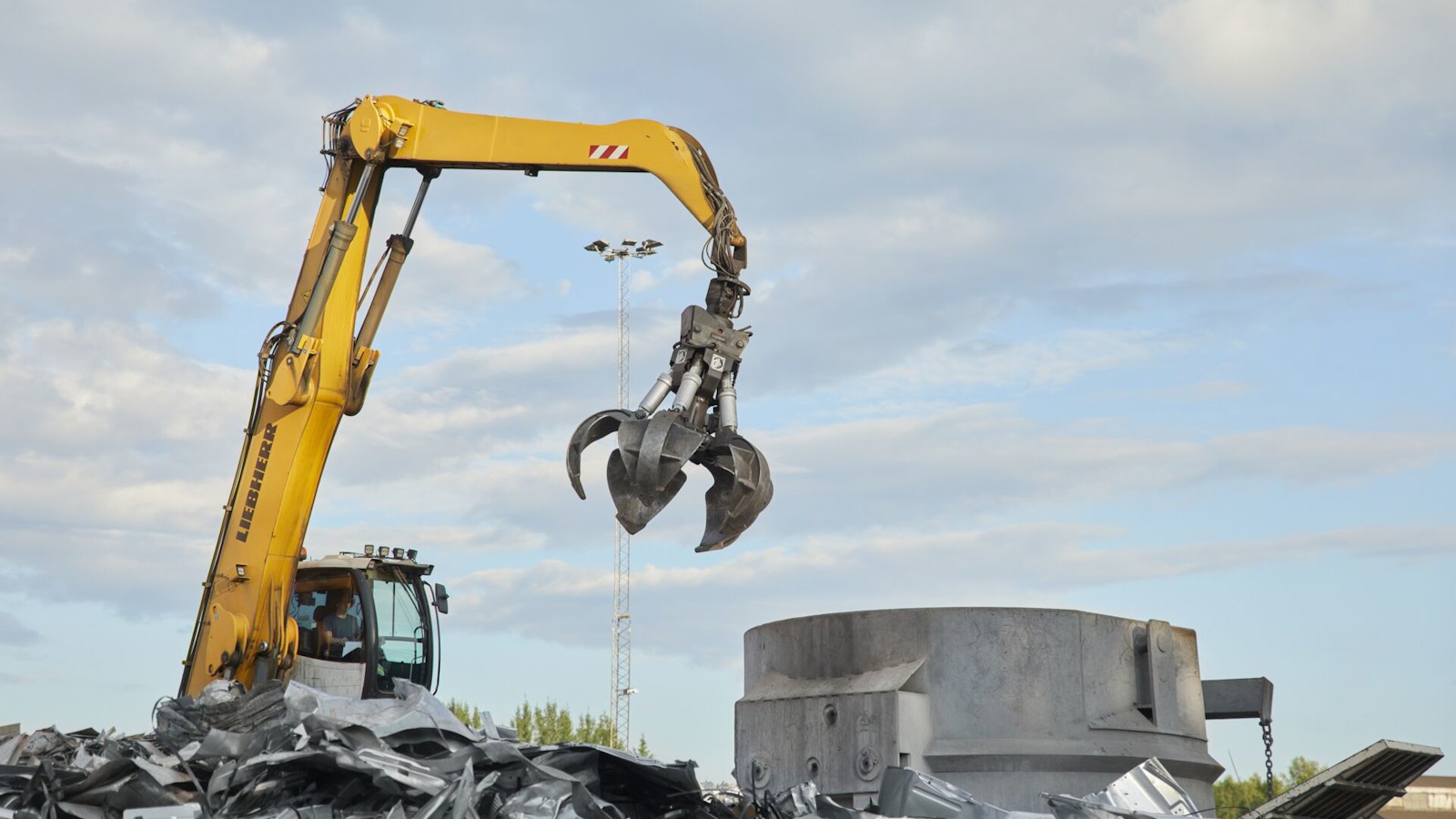Sustainability is a hotter topic than ever – not least at Alleima, where it’s a guiding principle across every aspect of operations and strategy.
Sustainability and circularity come naturally in Alleima daily operations. For more than 100 years, we have based production on recycled steel. Today, the share of recycled steel in our products is as high as > 83%; with recycled raw materials counted as zero emission in scope 3. Since 2013 Alleima operations in Europe have been running on 100% fossil-free electricity, and global electricity usage is > 96% fossil-free.
 “This gives Alleima a very low climate footprint from operations compared to traditional steel companies”, says Håkan Sundström, Head of Sustainability at Alleima.
“This gives Alleima a very low climate footprint from operations compared to traditional steel companies”, says Håkan Sundström, Head of Sustainability at Alleima.
However, the largest contribution to sustainability is through the product offering, which is geared at making customers’ processes safer, more sustainable, and more efficient.
“Alleima products also play a pivotal role in advancing technologies to tackle the challenges of the future, such as hydrogen applications, solar power, biopower, offshore wind, carbon capture and storage, geothermal energy, and the electrification of industry”.
“Our more than 900 active alloy compositions mean 900 ways to make a change”, concludes Sundström.
We caught up with three additional Alleima leaders and asked them to weigh in on the ongoing sustainability work in their respective divisions.
Katarina Veem, Head of Sustainability, Tube Division
What are the most important sustainability initiatives currently ongoing in the tube division?
 We are setting up plans across all units to deliver on our circularity targets, continuing to look for measures that reduce contribute to CO2 reduction – both in the short and long term and carrying out investigations to gain a better understanding of the water consumption in all our units.
We are setting up plans across all units to deliver on our circularity targets, continuing to look for measures that reduce contribute to CO2 reduction – both in the short and long term and carrying out investigations to gain a better understanding of the water consumption in all our units.
Alleima is expanding its sustainable portfolio. What are the key sustainable products in your division?
Duplex, Sanicro, and high-pressure tubes, all of which reduce the risk of accidents and pollution in extreme environments, due to the high quality of our materials. We are also introducing a buy-back program for heat exchanger tubing that will contribute to the sustainability ambitions of our customers.
How are you helping your customers become more sustainable?
We provide high-quality products with a low CO2 footprint and constantly look for ways to reduce this footprint even further. An important part of this is securing suppliers with low environmental footprints and high ethical standards.
Rickard Dahlgren, VP and Head of Strategic Business Development, Kanthal Division
What are the most important sustainability initiatives currently ongoing in your division?
 We have tied the sustainability function closer to the commercial strategy and have recruited a sustainability manager. Given Kanthal's production system and range of products, we’re well-positioned to establish ourselves as market leaders when it comes to sustainability, and these two initiatives will be the first steps in achieving this.
We have tied the sustainability function closer to the commercial strategy and have recruited a sustainability manager. Given Kanthal's production system and range of products, we’re well-positioned to establish ourselves as market leaders when it comes to sustainability, and these two initiatives will be the first steps in achieving this.
Alleima is expanding its sustainable portfolio. What are the key sustainable products from Kanthal?
Kanthal’s key contribution to enabling a more sustainable future is through two main product categories. Kanthal’s industrial heating solutions electrify heating processes in multiple industries ranging from primary steel production to aluminum, glass, solar and semiconductors. Our products enable customers to increase efficiency and reduce production costs and CO2 emissions. We also provide ultra-fine medical wire and components for life-changing cardiovascular, endovascular, neuroscience, and remote patient monitoring applications, all of which, save and support patients over the world.
How are you helping your customers become more sustainable?
The answer to this question is two-folded. First, Kanthal’s products enable our customers to reduce their CO2 emissions through the electrification of heating processes and by making the entire production cycle more efficient. Second, Kanthal tackles some of the effects already caused by a warmer climate by enabling an improved way of life for end customers under harsher climate conditions.
A CO2 tracker on Kanthal's website continuously updates how Kanthal solutions are reducing CO2 emissions for our customers by electrifying their industrial heating processes. We are currently tracking the saved emissions from 34 customer installations. By the end of 2022, the CO2 savings amounted to more than 200,000 tons. This is approximately how much CO2 45,000 cars emit per year.
Mikael Silver, Quality & Sustainability Manager, Strip Division
What are the most important sustainability initiatives currently ongoing in your division?
 We are looking to reduce our small remaining scope 1 emission through the use of more biogas, creating a working method to reduce our scope 3 emissions in cooperation with our suppliers, while also looking for ways to reduce our scope 3 emissions through our scrap buyback work, where we create links between our customers and the raw material purchasing process.
We are looking to reduce our small remaining scope 1 emission through the use of more biogas, creating a working method to reduce our scope 3 emissions in cooperation with our suppliers, while also looking for ways to reduce our scope 3 emissions through our scrap buyback work, where we create links between our customers and the raw material purchasing process.
Alleima is expanding its sustainable portfolio. What are the key sustainable products in the strip steel division?
The stainless valve steel is used in appliances with compressors and our medical portfolio.
How are you helping your customers become more sustainable?
The properties of our stainless valve steel enable our customers' customers to design more efficient compressors, thus reducing the energy consumption of the appliances where there are used. This, in turn, cuts CO2 emissions. Our medical products help improve the quality of life for the people using them. In general, our products are long-lasting and produced with a low CO2 footprint.
